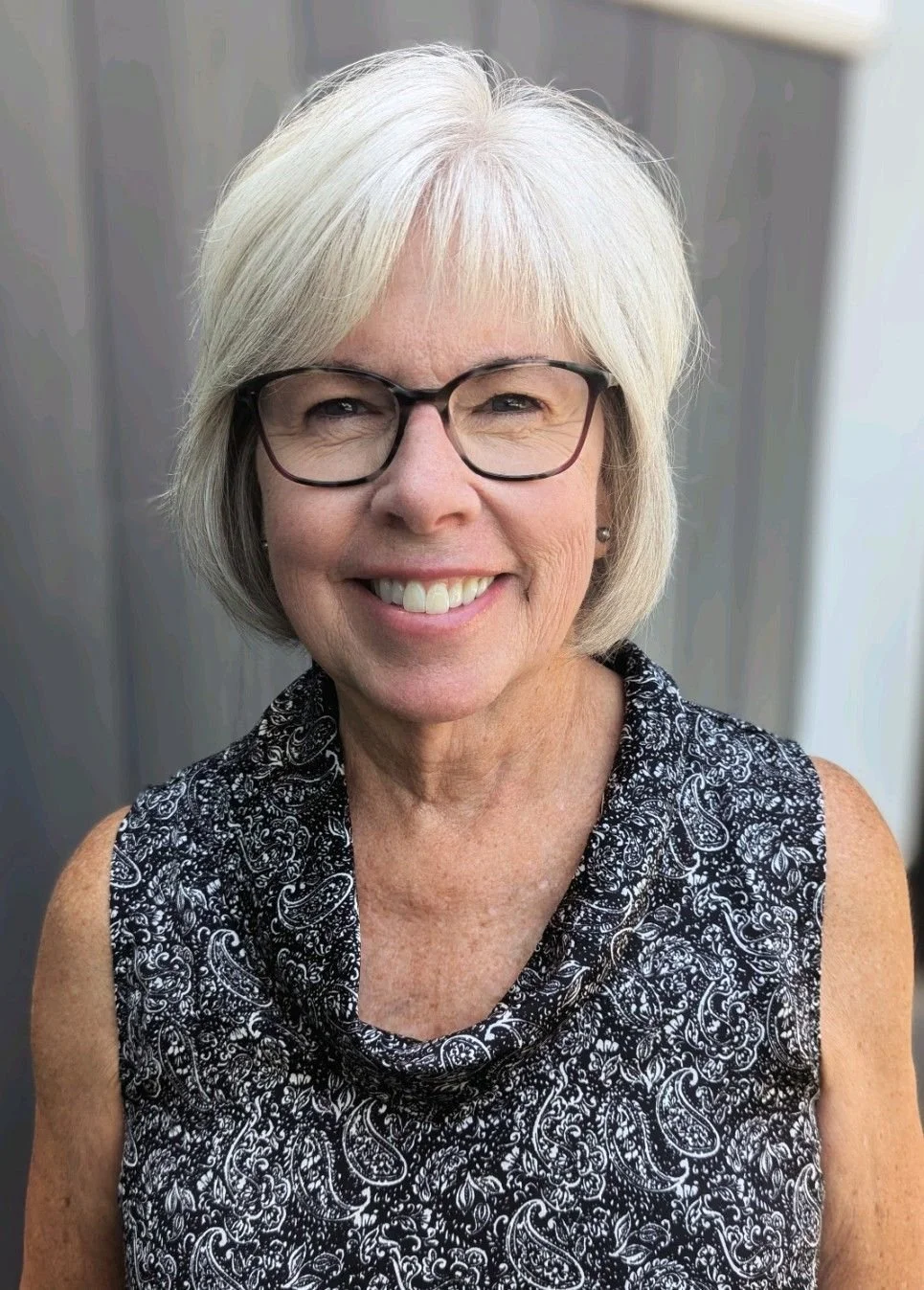Wexler Lab
Our lab is dedicated to developing and testing innovative approaches that integrate lifestyle approaches to health to support people living with chronic pain. We have completed several clinical trials that demonstrate the feasibility and potential benefits of these approaches, including trials of mindfulness-based programs for individuals with sciatica and chronic low back pain.
Building on this work, we are leading ongoing projects that explore how contemplative practices can be delivered virtually, how physical activity can enhance their effects, and how new technologies—such as machine learning—can help us better understand the process of healing.
Our team publishes in peer-reviewed journals to share discoveries with the scientific community and advance the field of pain and contemplative science. Publications are an important way to communicate the rigor of our work, ensure transparency, and contribute to the collective evidence base that guides clinical care. By making our findings publicly available, we help inform better treatments, foster collaboration, and ensure that research ultimately benefits patients and communities.
Meet the Team
It all begins with people. Doctors, scientists, patients - we are all people. Everyone is on a unique health journey and our goal is to understand how we can improve it.
-
Dr. Ryan Wexler is a naturopathic physician-scientist and Assistant Professor at the Helfgott Research Institute at the National University of Natural Medicine. His research focuses on developing and evaluating multicomponent, mind-body interventions for patients with chronic pain, with particular emphasis on conditions involving nociplastic pain and central sensitization, such as chronic back pain and lumbosacral radiculopathy. Dr. Wexler uses mixed methods to examine how mind-body interventions affect physical function and psychosocial outcomes – including motivation, autonomy, and self-efficacy. His work also utilizes objective assessments including inertial measurement units, quantitative sensory testing, and actigraphy. He is particularly interested in the potential of digital health tools to increase accessibility and scalability of mind-body therapies. His planned projects involve web-based interventions to support behavior change and improve recovery in patients with musculoskeletal pain. His research centers community and patient engagement by integrating stakeholder feedback throughout the research process from intervention development to dissemination.
-
Design DirectorIt all begins with an idea. Maybe you want to launch a business. Maybe you want to turn a hobby into something more.
-
Adam Vaughn is a research assistant and dual-degree student at the National University of Natural Medicine, where he studies Naturopathic Medicine and Acupuncture. His work bridges traditional and modern healing systems, exploring how integrative, whole-person care can improve health outcomes. He holds a bachelor's degree in environmental science with a focus on Sustainable Management and is completing 800-hour IAYT Yoga Therapy and AHC NAMA Ayurveda certifications. A world traveler and lifelong student of traditional medicine, Adam has studied Yoga and Ayurveda in India, Thai massage in Thailand, plant medicine in Peru, and Native American healing traditions in the U.S. Southwest, alongside training in energy work, bodywork, and permaculture design. He has lived and worked across the U.S. in roles spanning urban farming, non-profit coordination, events management, and teaching at well-known retreat centers, uniting his passion for wellness, ecology, and cultural exchange.
-
Michelle Berg is a Research Assistant and graduate student at the National University of Natural Medicine, focusing on clinical research and clinical nutrition. Her interests lie in microbiome research and the intersection of nutrition and immune health. In addition to the Move-MORE study, she is involved in a systematic review on microbiome and cognition, a feasibility study using a breathwork meditation app for anxiety management, and case studies on Thaena postbiotics. She is also preparing to conduct her thesis study on histamine intolerance.
Investigators
-
Dr. Zimmerman is a post-doctoral research investigator at the Helfgott Research Institute, receiving clinical research training through the NIH-funded BRIDG R90 program. He received his Ph.D. in neuroscience from the University of Illinois at Urbana-Champaign where he studied the effects of cerebrovascular health on cognitive aging. At the Helfgott Research Institute, he is continuing his research on mitigating the effects of aging on the brain through holistic and complementary approaches, with a focus on the prevention of disease through early intervention, whole-person health, and tapping into mechanisms of salutogenesis. He is currently studying the effects of the botanical supplement Centella asiatica (gotu kola) on brain health and vasculature.
Collaborators
-
Dr. Anna Parisi is a licensed clinical social worker and licensed clinical addictions specialist in the state of North Carolina. After graduating with her MSW from UNC Chapel Hill, Dr. Parisi worked with individuals with comorbid mental health and substance use disorders in community mental health settings—many of whom were ensnared in the criminal legal system. Her experiences in community mental health have served as the foundation for her research, which is focused on understanding the pathogenic mechanisms that contribute to the development, maintenance, and recurrence of addictive behaviors, as well as the intersection between addiction and mental health. Ultimately, Dr. Parisi’s research aims to promote effective and equitable access to evidence-based practices in community mental health settings. She is particularly interested in improving services for system-impacted women. In addition to her MSW, Dr. Parisi has a BA in psychology from the University of North Carolina at Greensboro and a PhD in social work from UNC Chapel Hill.
-
Tara Hansen is a Research Assistant and Clinical Research graduate student at the National University of Natural Medicine. Her work focuses on contemplative neuroscience, integrative medicine, and the gut–brain axis, with particular interest in how mindfulness-based behavioral strategies can support the management of mental health conditions and chronic illness. She holds a Bachelor of Science in Psychology and a Bachelor of Arts in Mass Communication and Media Studies from Arizona State University, along with certifications as a Brain Longevity Specialist through the Alzheimer’s Research and Prevention Foundation and as a Registered Yoga Instructor (E-RYT 200).
In addition to her academic work, Tara serves as a community advocate on the City of Hillsboro Transportation Committee, where she contributes to policy development and promotes equitable access and sustainable solutions. With a professional background in brand marketing and entrepreneurship, she brings an interdisciplinary perspective to research exploring how psychological, behavioral, and physiological factors interact to influence health outcomes. Together, these experiences reflect her dedication to advancing research, policy, and holistic health initiatives that enhance individual and community well-being.
Patient Partners
Research Assistants
-
Dr. Callan is a Post-doctoral Research Investigator in the Helfgott Research Institute. Her passion for research stems from a deeply held belief that research – if designed and conducted accurately, ethically, and well – is a universal language that holds the power to unite disparate professions and philosophies around new discoveries that help bring about change for healthier people and a healthier planet. Dr. Callan received her doctoral degree in Naturopathic Medicine and her Master of Science in Integrative Medicine Research from National University of Natural Medicine in 2015. She completed research training in the NIH-funded BRIDG program as a T90 scholar at the University of Washington. Her research interests include non-pharmacological therapies for people living with chronic pain; the role of fascia in chronic pain and disease; women’s health; behavior change; and integrative therapies for cognitive decline.
Follow us on social media




















